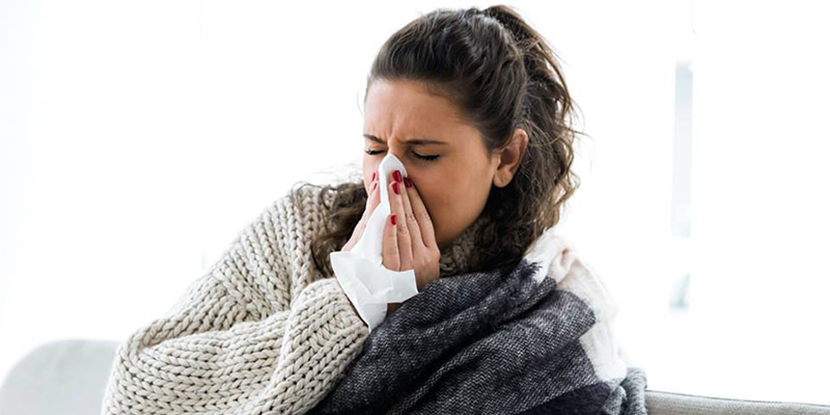Hypersensitivity causes allergy in a person’s body and a person’s immune system can respond abnormally to an even harmless substance. Pakistan has some common allergies that allergens a person depending on the seasons or the changes in his body. Some of the common allergies are as follows:
Pollen allergy
Pollen-producing plants, trees, grass or weeds release their microscopic particles called pollen grains for fertilization. When many of these particles do not reach their target, they remain suspended in the atmosphere and they may cause an allergic reaction in people.
Suspended pollen particles are scattered in the air and when a person breaths, these pollen species get inhaled by the person and from there starts pollen allergy. This is a seasonal allergy. All allergies can be avoided by staying away from them and maintaining cleanliness at home.
In pollen allergy, the person starts sneezing, faces difficulty in breathing, has an itchy throat, watery eyes or nose and when pollen allergy gets severe, it may lead to respiratory problems and asthma.
Allergic Rhinitis
This is the most common type of allergy in Pakistan. it is also called hay fever; hay fever causes when a person breathes on something that he is allergic to. His nose becomes swollen and inflamed. The person faces nasal blockage, sneezing, and itching of the nose.
It is a serious allergy that not only causes the itching or problem of nasal blockage but it disturbs the person psychologically. Such patients face sleep disorders. In Pakistan, 24.8 percent of people suffer from hay fever every year.
Nasal allergy
Nasal allergy causes in the winter season. It occurs due to pollution or air, dust, smoke or chemicals. It affects nose, nasal blockage and itching that disturbs the whole-body system.
Food allergy
When a certain food triggers the human body and disturbs the whole immune system, it is called food allergy. The symptoms get apparent after a few hours of taking the food and they include vomit, itching, difficulty in breathing, swollen tongue or face, diarrhea, and low blood pressure.
Some people are allergic to cow milk. This allergy is usually found in babies. They cannot take any food containing dairy products like cheese, yogurt, cream or ice-cream. These children when reaching the age of 3 or more, 90 percent of them are most likely to lose this allergy.
Wheat allergy
Wheat allergy is found in children and teenagers. Not all children will get allergy-free after reaching a specific age. It can easily be diagnosed by skin prick test or with a blood test. It has no proper treatment rather avoid food containing wheat. Wheat allergy symptoms include swelling, hives, itchy rash, itching or irritation of the mouth or throat and swelling of the skin.
How long can allergy last?
It can take anywhere from a few hours to 10 days. Typically, it takes from 12 hours to 3 days. Even with treatment, symptoms can last 2 to 4 weeks.
What are the ways to treat allergies?
Oral antihistamines
Corticosteroid nasal sprays
Cromolyn sodium nasal spray
Oral decongestants

















